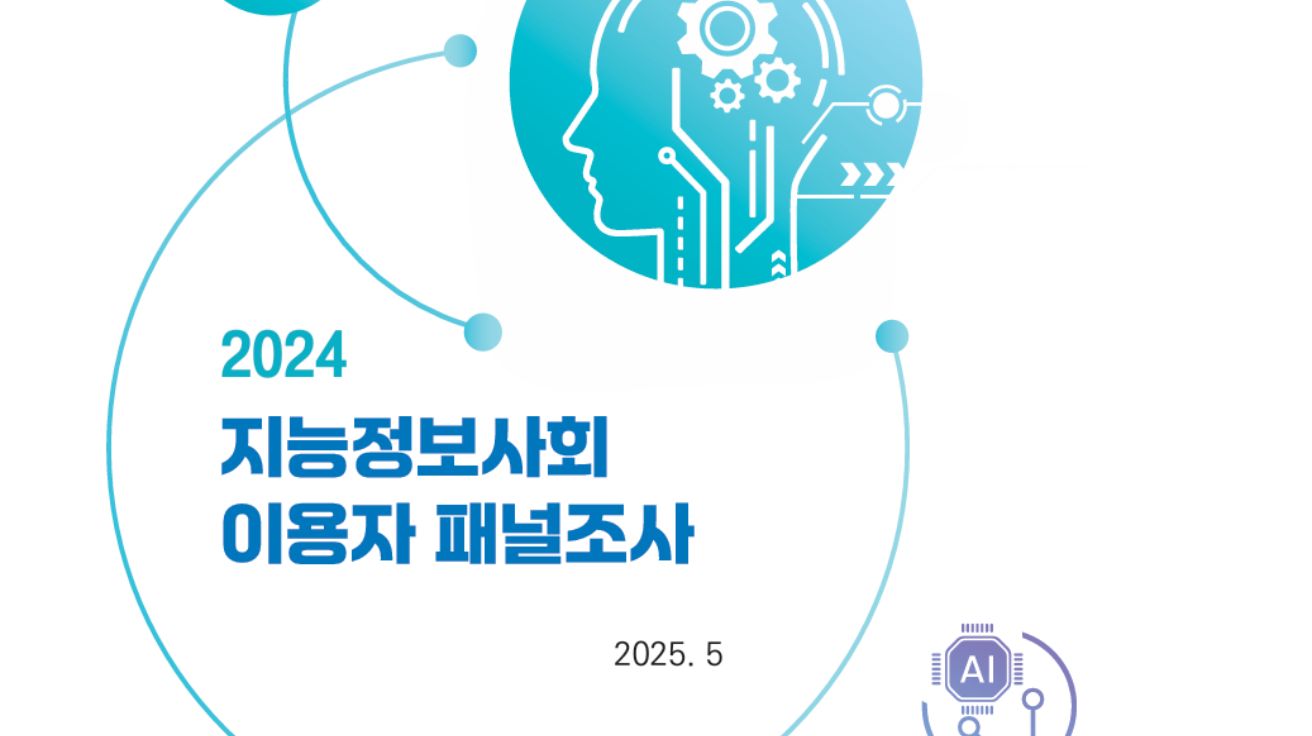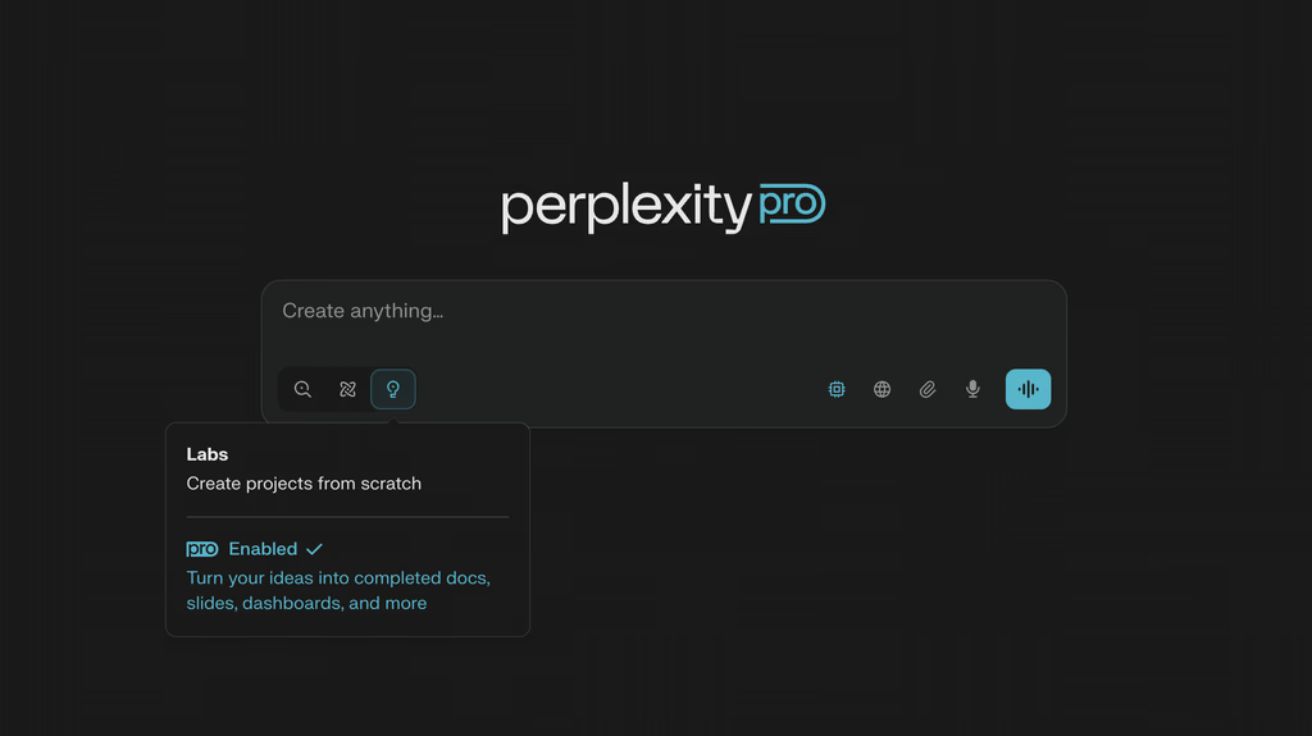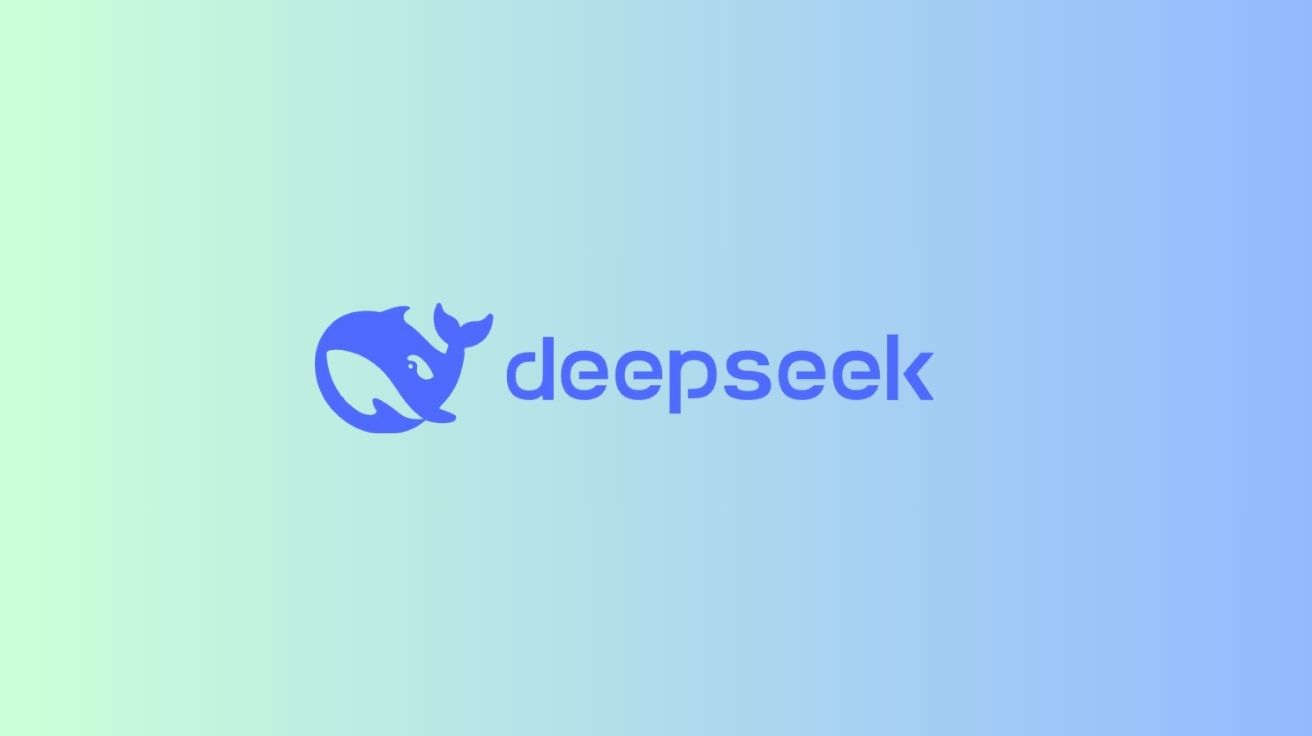2024 Intelligent Information Society User Panel Survey
Generative AI Users Double Year-Over-Year as Usage Time Extends to 45.9 Minutes Daily
South Korea experienced a dramatic surge in generative artificial intelligence adoption in 2024, according to findings from the Ministry of Science and ICT’s “2024 Intelligent Information Society User Panel Survey.” The study revealed that 24.0% of respondents had experience using generative AI services, nearly doubling from the previous year’s 12.3%. The comprehensive survey was conducted between September and November 2024, encompassing 4,420 smartphone users aged 15 to 69 across all 17 provinces and metropolitan cities nationwide. Average daily usage time among generative AI users also increased from 41.0 minutes to 45.9 minutes, indicating growth in both adoption rates and engagement levels.
Text Generation Maintains 57.2% Market Share While Voice and Image AI Show 20%+ Growth
Text generation remained the dominant generative AI service type at 57.2%, though this represented a decline from the previous year’s 81.0%. More notably, voice and music generation services surged to 21.4% from 10.5%, while image generation jumped to 11.8% from 3.6%. Newly included categories such as video generation (7.9%) and code generation (1.7%) also demonstrated substantial adoption rates. These findings indicate users are expanding beyond simple text generation to embrace AI for creating diverse content formats including images, audio, and video.
Paid Subscription Rates Increased Significantly from 0.9% to 7.0% – A Seven-Fold Increase
The most striking development was the explosive growth in paid generative AI subscriptions, which increased more than seven-fold from 0.9% in 2023 to 7.0% in 2024. This surge suggests generative AI has moved beyond experimentation to become a valued tool for professional and daily use. The trend is attributed to growing numbers of users choosing paid subscriptions to overcome limitations of free versions offered by major services including ChatGPT, Claude, and Midjourney.
Job Displacement Concerns Reach 60.9% as Creative and Copyright Worries Exceed 58%
The rapid expansion of generative AI has intensified concerns about potential negative impacts. 60.9% of respondents expressed worry that “generative AI could replace human jobs,” reflecting widespread anxiety about employment security. Additional concerns included diminished creativity (60.4%) and copyright infringement (58.8%). Respondents also were increasingly aware of deepfake and misinformation risks, with 57.4% concerned that generative AI “creates content that makes it difficult to distinguish between real and fake,” and 56.8% worried about its potential use “for spreading false information.”
Algorithm Transparency Demands Reach 69.8% as Government Regulation Support Hits 63.7%
As AI services widely spread, more people are calling for AI providers to be accountable. Survey results showed 69.8% of respondents believe “recommendation service providers should inform users about the selection criteria used by AI algorithms for content curation” – a significant increase from 53.8% in 2022. Support for government intervention reached 63.7%, with respondents agreeing that “institutional measures are necessary when AI recommendation services conflict with public interest.” Additionally, 61.9% of respondents stated that “recommendation service providers should pre-verify content risks considering user characteristics,” while 61.8% demanded transparency regarding “how personal information is collected and utilized during AI service operations.”
Privacy Exposure Concerns Rise to 74% as AI and IoT Become Ubiquitous
The widespread adoption of artificial intelligence and Internet of Things (IoT) technologies has escalated privacy invasion concerns. The percentage of respondents agreeing that “widespread adoption of AI and IoT will increase privacy exposure” rose to 74.2% from 64.2% in 2022 – a 10-percentage-point increase. More concerning is the potential for AI-driven digital inequality, with 56.7% of respondents believing that “higher-income individuals will receive better privacy protection, while lower-income individuals will find it increasingly difficult to protect their privacy.” This reflects concerns that AI technological advancement could exacerbate social inequality. On a positive note, 58.0% of respondents expressed optimism that “individuals will be able to actively determine their level of personal information exposure using intelligent information utilization capabilities.”
FAQ
Q: What factors drove the surge in generative AI adoption?
A: The popularization of ChatGPT, combined with the proliferation of high-performance AI services available for free, contributed significantly to increased adoption. The expansion of capabilities beyond text to include image, voice, and video generation has also diversified application areas.
Q: With paid subscriptions increasing seven-fold, what advantages do premium versions offer over free alternatives?
A: Premium versions typically provide faster response times, higher-quality outputs, increased usage limits, and access to advanced features. Users seeking to integrate AI into professional workflows or creative endeavors increasingly opt for paid subscriptions.
Q: Given that over 60% express concerns about job displacement, which occupations face the greatest risk?
A: Currently, roles involving repetitive text processing, basic design work, translation, and simple coding are considered most susceptible to AI replacement. However, positions requiring creative judgment or human interaction are likely to remain primarily within the human domain.




![[Q&AI] 대선 사전 투표율을 봤을 때 어떤 결과를 예상할 수 있을까?](https://aimatters.co.kr/wp-content/uploads/2025/05/AI-Matters-기사-썸네일-QAI-9.jpg)
![[Q&AI] 21대 대선 당선자 확정 시간 예측 어디가 정확할까? ‘그록 vs. 퍼플렉시티’](https://aimatters.co.kr/wp-content/uploads/2025/06/AI-Matters-기사-썸네일-QAI.jpg)